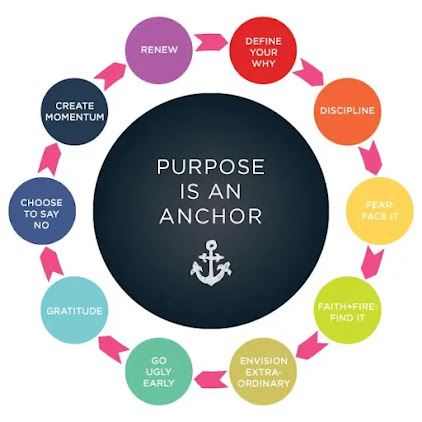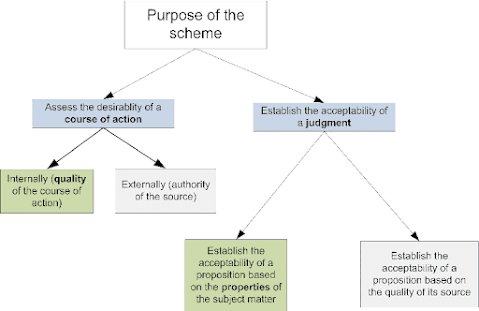Do We Really Need a 'Sense of Purpose' to Live a Happy Life
In our relentless pursuit of happiness, one concept that often takes center stage is the elusive "sense of purpose." It's a term frequently touted as the key to a fulfilling and contented life. But do we really need a "sense of purpose" to live a happy life, or is it just another societal construct? Let's delve into this intriguing question and explore the complex relationship between purpose and happiness.
The Pursuit of Happiness
Human beings have an inherent desire for happiness. We seek it in various forms - in relationships, careers, hobbies, and personal achievements. And often, we're told that finding our "purpose" in life is the ultimate path to happiness. But what exactly is this elusive concept?
Defining Purpose
A "sense of purpose" refers to the feeling that our lives have meaning and direction beyond day-to-day existence. It's the belief that our actions contribute to a greater good, whether it be for our families, communities, or the world at large. For some, it might manifest as a passion, a career, or a lifelong mission.
The Argument for Purpose
Many argue that having a defined purpose brings happiness. Here are a few reasons why:
Motivation: Purpose can be a powerful motivator. It gives us a reason to get out of bed in the morning, to strive for something greater, and to overcome obstacles.
Fulfillment: Achieving goals tied to our purpose can provide a deep sense of fulfillment. Whether it's raising a family, pursuing a career, or contributing to a cause, these accomplishments can be deeply satisfying.
Resilience: Having a sense of purpose can help us navigate life's challenges. It provides a source of resilience, helping us bounce back from setbacks and disappointments.
Connection: Purpose often connects us to others who share similar goals or values, fostering a sense of community and belonging.
The Argument Against Purpose
On the other hand, some argue that the pressure to find one's purpose can be detrimental. Here are a few counterpoints:
Pressure and Anxiety: The quest for purpose can create immense pressure and anxiety. Not everyone discovers a singular, life-defining purpose, which can lead to feelings of inadequacy.
Rigidity: Pursuing a rigid sense of purpose may limit our ability to adapt to changing circumstances or explore new interests.
Comparison: In a world where purpose is often equated with career success or social impact, comparing ourselves to others can lead to dissatisfaction and envy.
Overemphasis: Placing too much emphasis on purpose may overshadow the importance of enjoying life's simple pleasures and moments of contentment.
The Balance Between Purpose and Happiness
So, where does the truth lie? It's essential to strike a balance between having a sense of purpose and experiencing happiness in the present moment. Here are a few suggestions:
1. Embrace Fluidity:
Allow your sense of purpose to evolve over time. It's okay not to have a fixed purpose; instead, focus on what brings you joy and fulfillment in the present.
2. Gratitude:
Cultivate gratitude for the small joys and accomplishments in your daily life. Happiness often resides in the simple moments.
3. Self-compassion:
Be kind to yourself, recognizing that it's okay to have periods of uncertainty or change in your life.
4. cConnection:
Foster meaningful relationships with others. Connection and support from loved ones can enhance your sense of happiness.
In Conclusion
In the pursuit of happiness, a "sense of purpose" can undoubtedly play a significant role. However, it's essential to remember that happiness is a multi-faceted and personal experience. While purpose can provide motivation and fulfillment, it's not the sole determinant of a happy life. Ultimately, the path to happiness may be a unique journey for each individual, and it may not always involve a grand, all-encompassing purpose. Instead, happiness can be found in the daily moments of joy, connection, and personal growth that make life truly meaningful.











No comments:
Post a Comment
👋